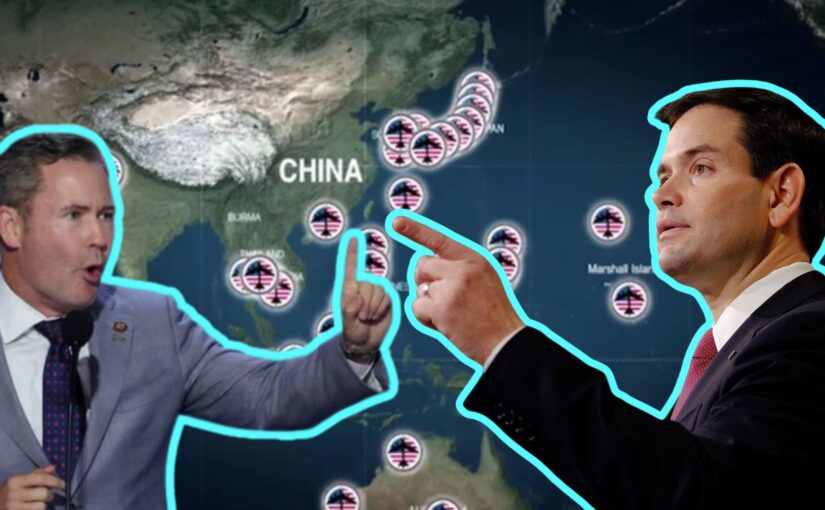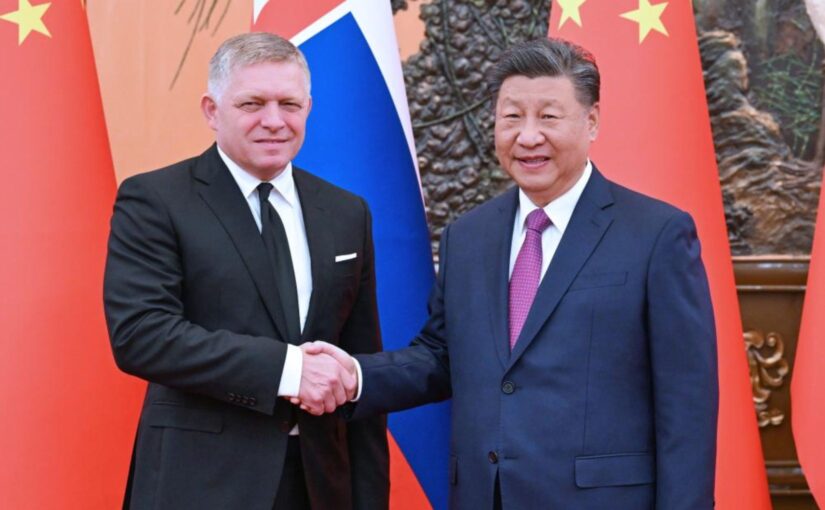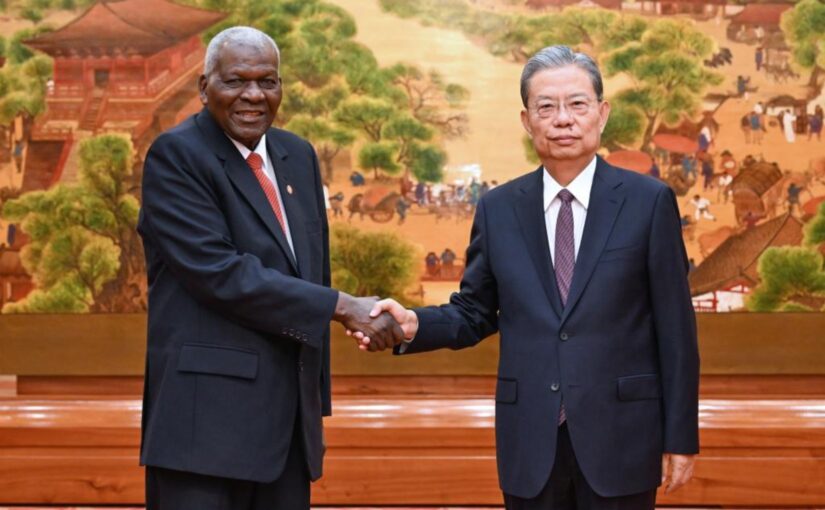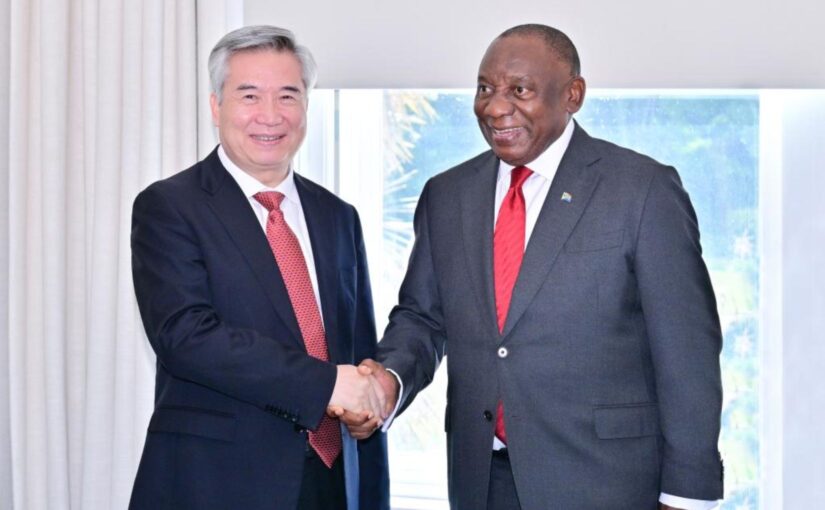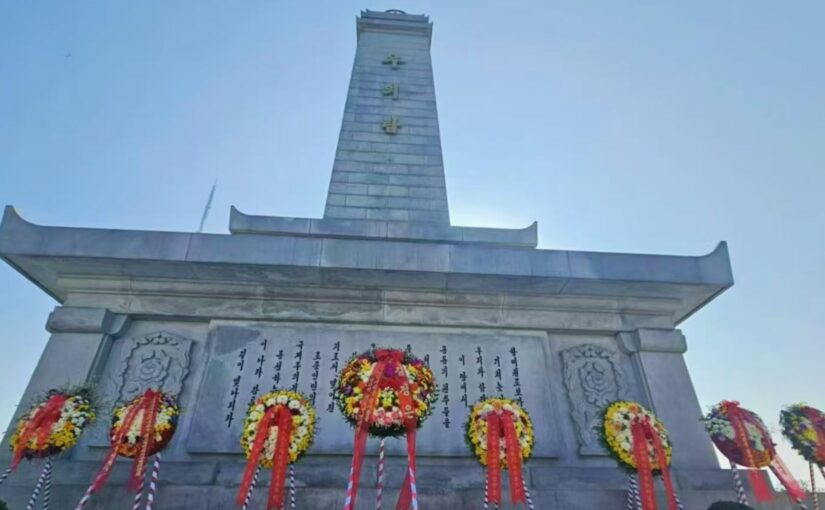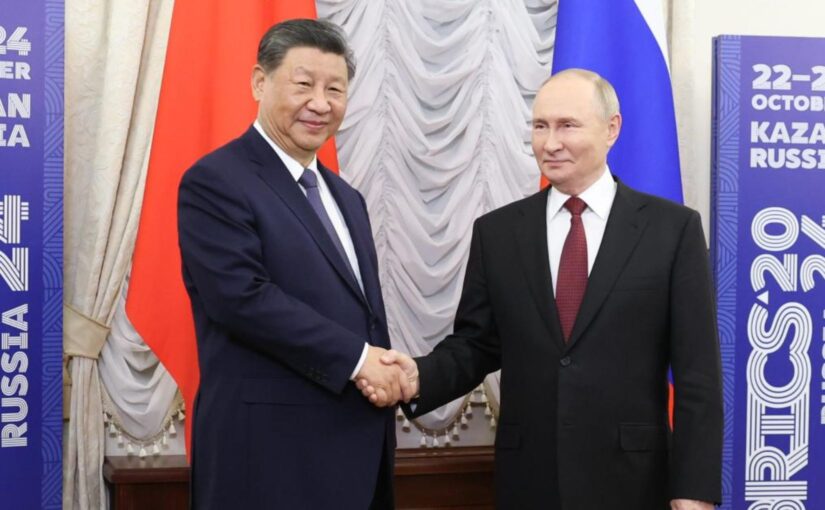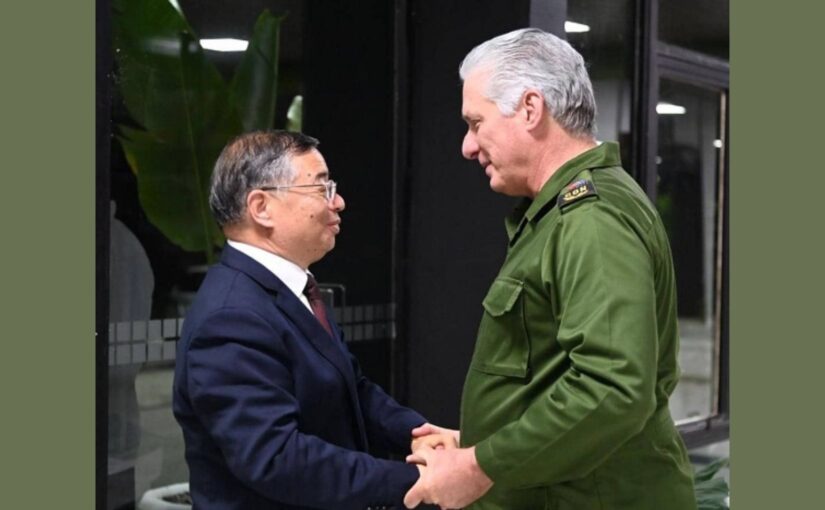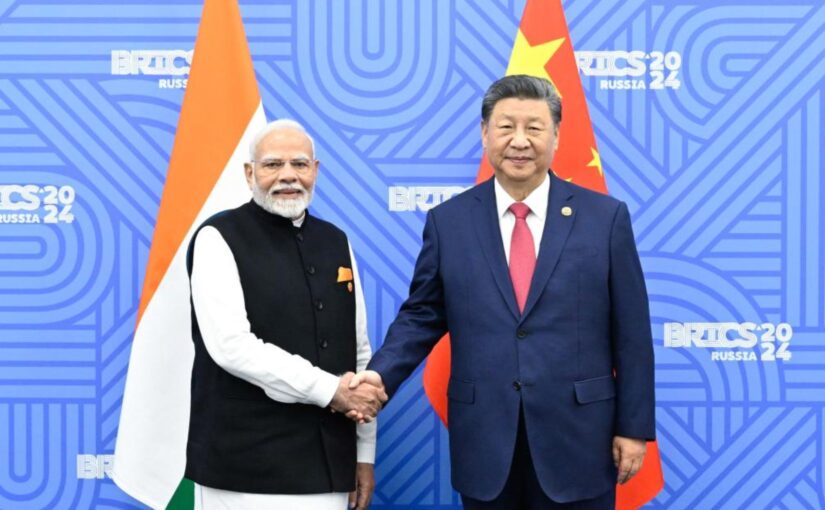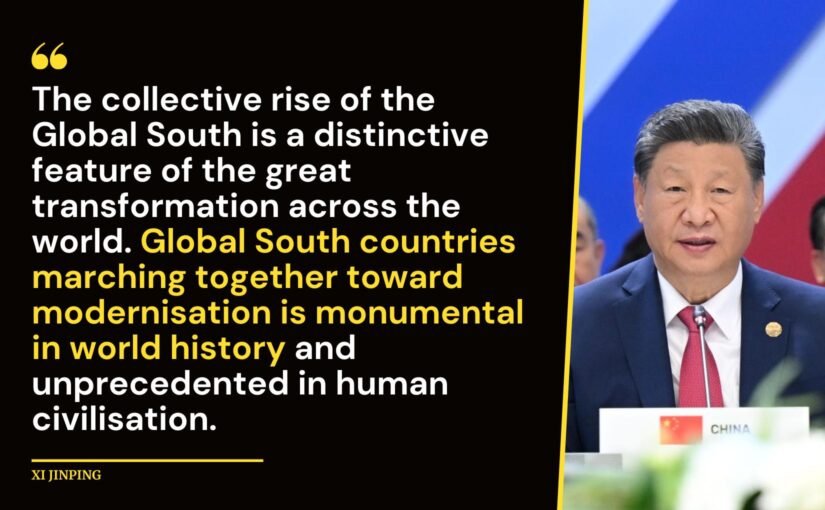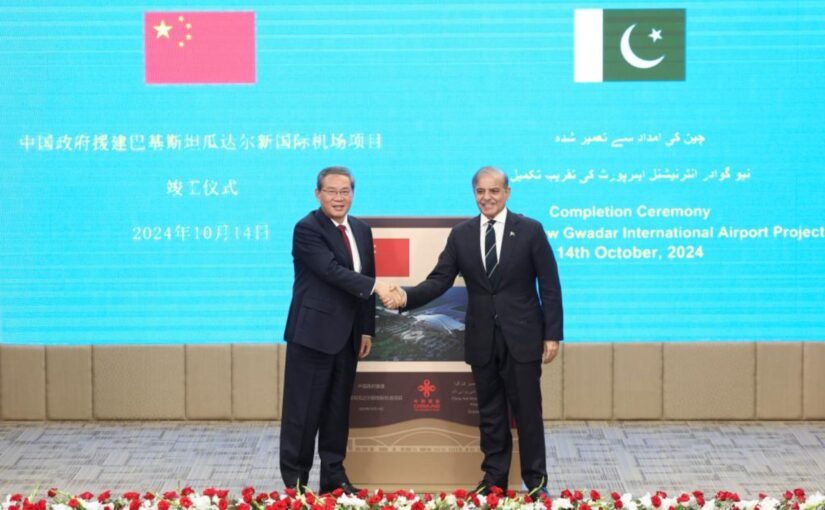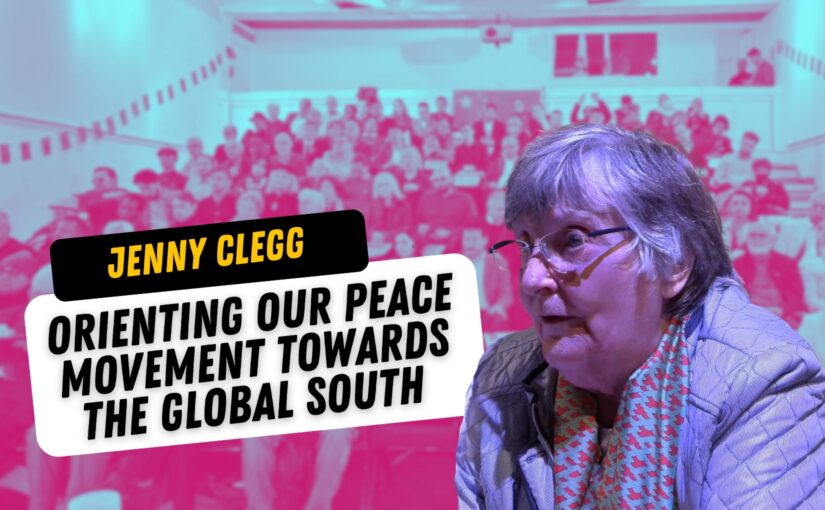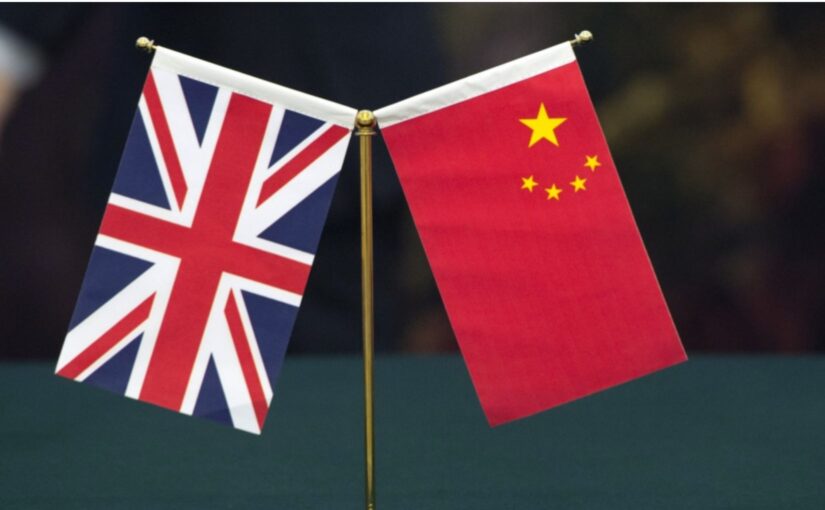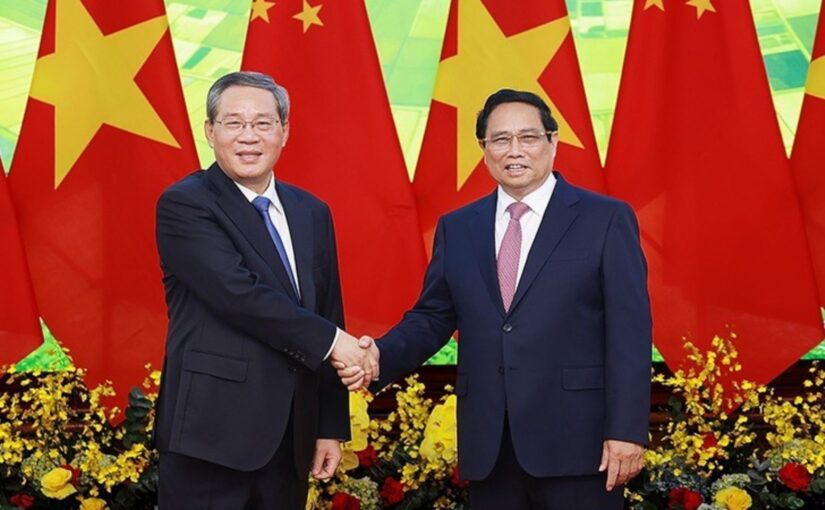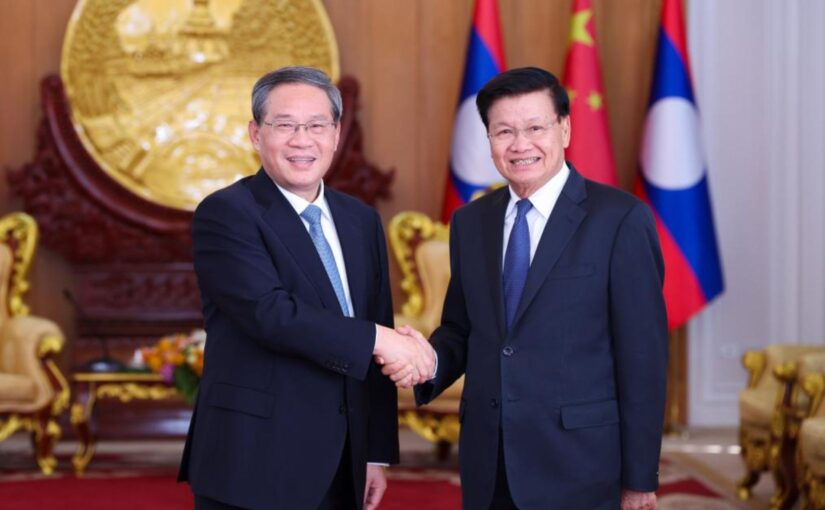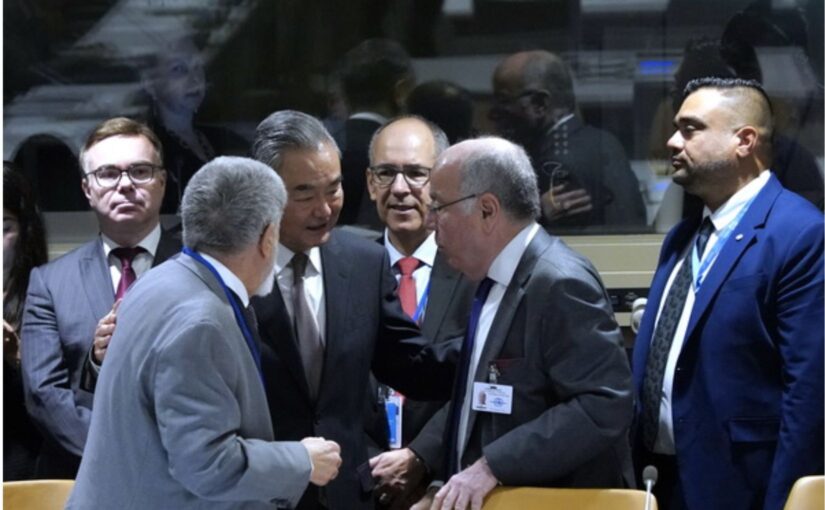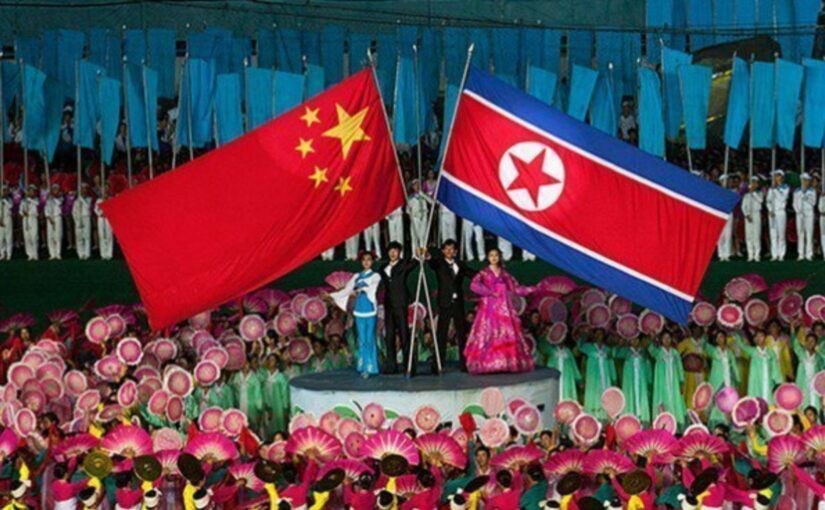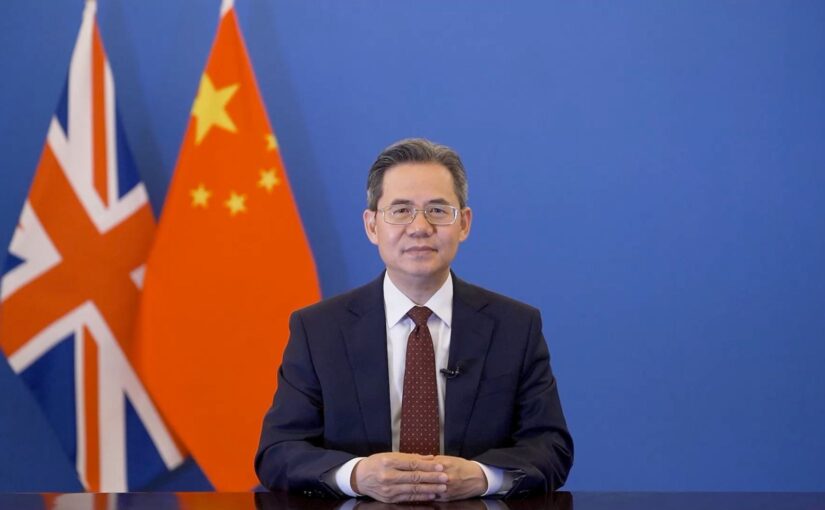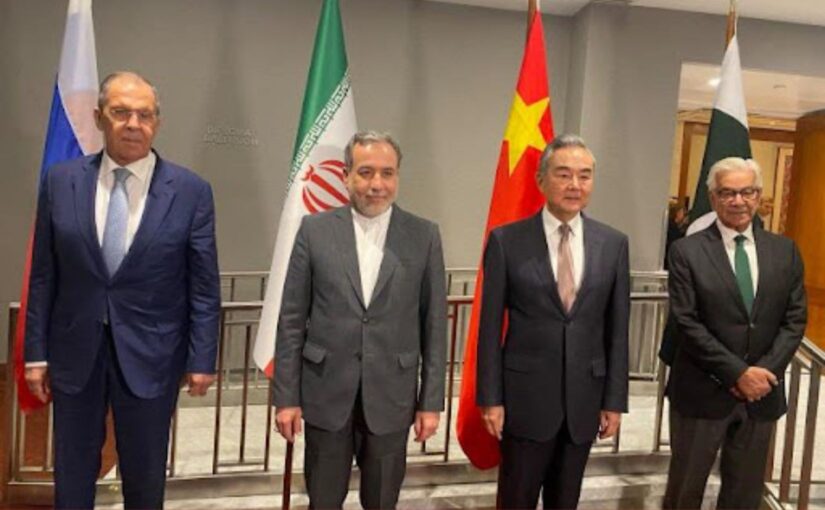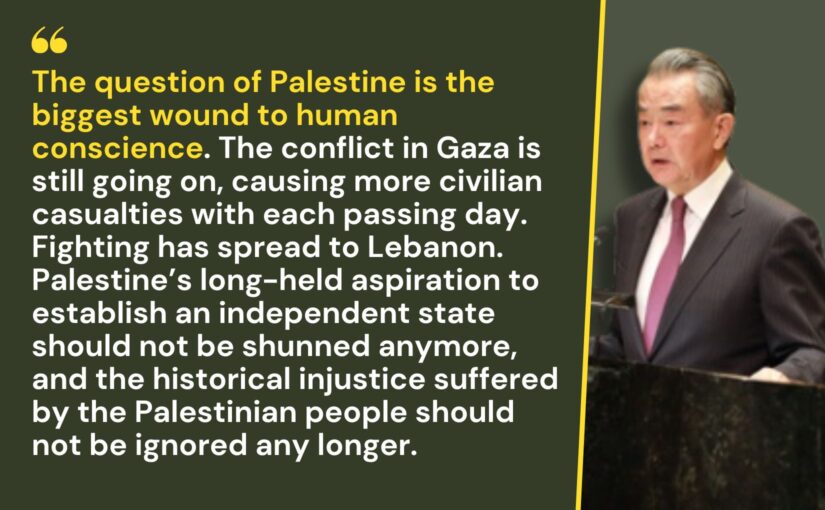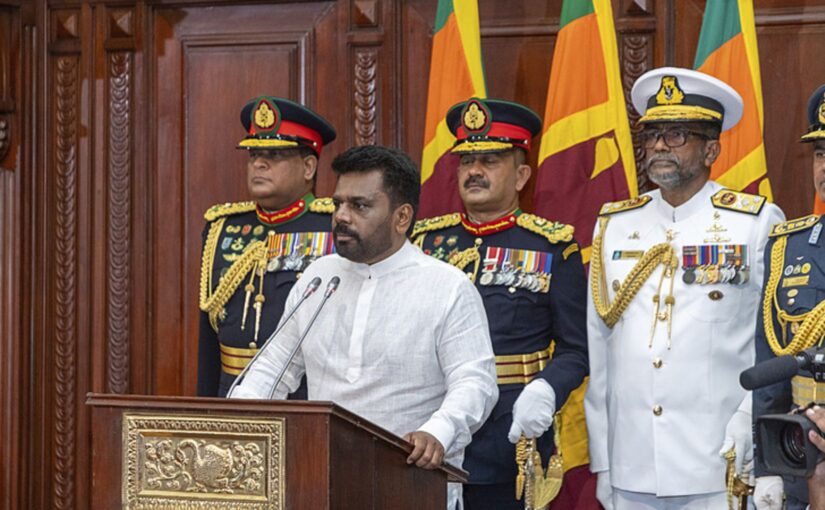What follows is a blog post by Sophie Bolt, the new General Secretary of the Campaign for Nuclear Disarmament (CND), on the threat posed by the Trump presidency to global peace.
Sophie notes that Trump has promised to “stop wars, not start them”, and yet he has already nominated several notorious warmongers to his cabinet, including Marco Rubio as Secretary of State, Michael Waltz as National Security Adviser, and John Ratcliffe as CIA director. Marco Rubio is an anti-China fanatic, who stands for more tariffs, more sanctions, more slander, more support for Taiwanese separatism, more weapons to Taipei, more provocations in the South China Sea, and more destabilisation in Hong Kong and Xinjiang. Waltz has long pushed for closer military cooperation with India, Japan, Australia and other countries in the region in preparation for war against China. Ratcliffe refers to China as “the top threat to US interests and the rest of the free world”.
The article points out that the incoming administration is likely to escalate the US-led New Cold War against China, as well as continuing the drive towards hot war:
As well as intensifying Trump’s protectionist ‘America First’ policy, by increasing tariffs on Chinese goods, a key focus will be racheting up a military confrontation with China. A military build up across the Asia Pacific has been underway for more than a decade, supported by 400 US military bases encircling China and the AUKUS nuclear alliance with Britain and Australia.
Meanwhile Trump’s climate denialism will be another major setback to global cooperation around the climate crisis.
This article was first posted on the CND website.
In Trump’s victory speech, he said he was going to stop wars, not start them. Excuse me if I’m not reassured. Based on his track record and the ultra-hawks he’s putting in the State Department, the threat of war and nuclear confrontation looks higher than ever.
Last time he was President, the US bombed Syria, Afghanistan and Iraq, carried out extra-judicial killings and developed ‘useable’ nuclear weapons. Under his leadership, the US withdrew from landmark nuclear arms control treaties including the Intermediate Nuclear Forces Treaty, the Open Skies Treaty, and the Joint Comprehensive Plan of Action (JCPoA). And it withdrew from the Paris Climate Agreement.
Trump’s new team for the State Department includes ultra China and Iran hawks, Marco Rubio, expected to be nominated for Secretary of State, and Mike Waltz, appointed National Security Advisor. Certainly Trump’s victory and open support for annexing the West Bank has already emboldened Netanyahu’s genocidal expansionism. This increases the risk of an all-out war on Iran.
As well as intensifying Trump’s protectionist ‘America First’ policy, by increasing tariffs on Chinese goods, a key focus will be racheting up a military confrontation with China. A military build up across the Asia Pacific has been underway for more than a decade, supported by 400 US military bases encircling China and the AUKUS nuclear alliance with Britain and Australia. Richard O’Brien, former security advisor to Trump, laid out in Foreign Affairs what to expect next. ‘As China seeks to undermine American economic and military strength,’ O’Brien argues, ‘Washington should return the favor—just as it did during the Cold War, when it worked to weaken the Soviet economy.’ This prospect of a new cold war is truly horrifying , when we remember how the nuclear arms race in the 1980s, lead to a permanent state of nuclear danger.
With speculation about what Trump will do in Ukraine, the new British government doesn’t want to take any chances of de-escalation. Starmer has again pressed Biden to agree to Ukraine’s use of its long-range Storm Shadow missiles, which could strike deep into Russian territory. He knows full well that Russia has changed its nuclear use policy in response to such an attack. This only reinforces the need for an urgent negotiated settlement.
NATO membership of Ukraine remains a key factor in the conflict and Ukrainian neutrality will be critical for de-escalating the crisis. But there is absolutely no evidence to back up concerns amongst NATO hawks that Trump will abandon the world’s most powerful nuclear alliance. On the contrary, Trump has called on NATO states to increase defence spending to 3% of GDP. So, continuing to push the burden of funding onto the populations of NATO states. This means the toxic combination of increased militarism, nuclear dangers and austerity policies will continue across Europe.
Trump’s election will strengthen the far right and fascists globally. In Britain, Farage and Tommy Robinson will be emboldened further to whip up hatred, justifying greater military spending for another world war.
And, as the US is one of the world’s largest polluters, Trump’s decision to pull out of Paris Climate Accord again, is another major set-back for climate action and investment in green technologies.
This shows more starkly than ever how war, racism, austerity, climate breakdown and nuclear annihilation are increasingly interlinked. We can’t allow this recklessly dangerous leader to drag the world towards annihilation. This is why CND is working with all those who oppose Trump to help build the broadest alliance possible for peace, justice and a sustainable, nuclear-free future.
